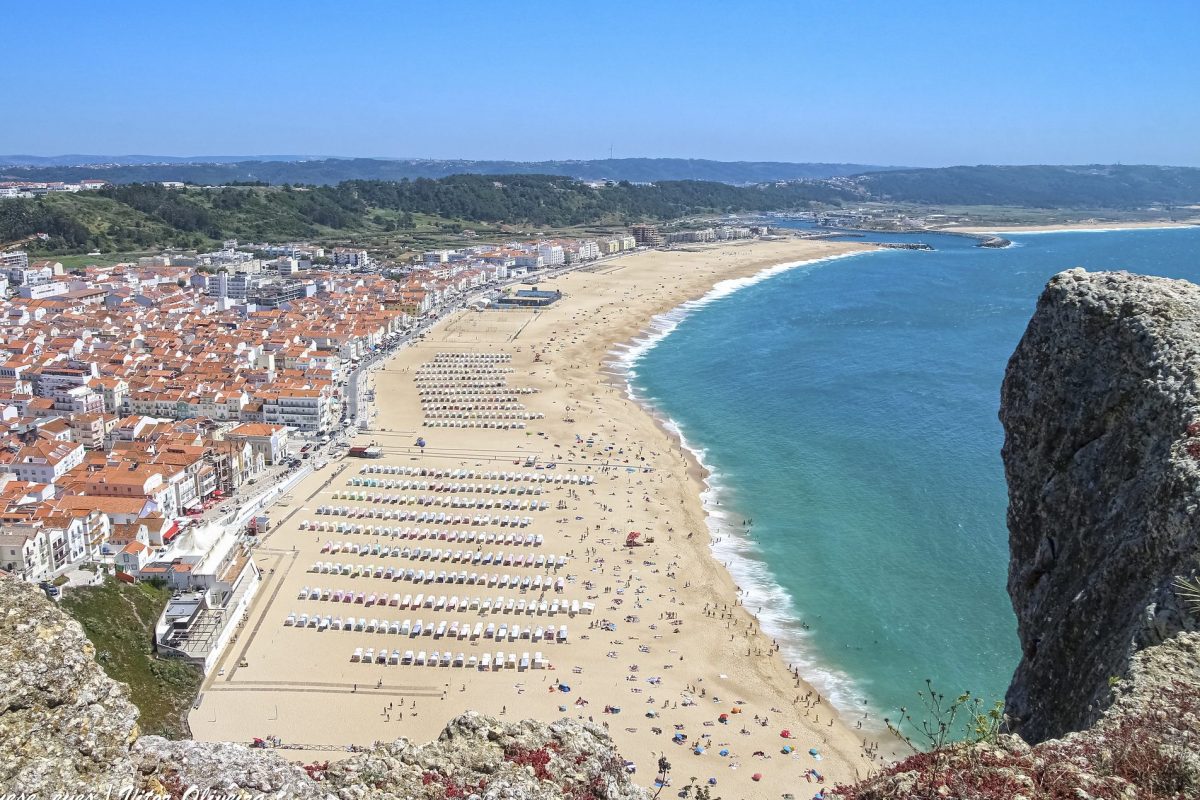Skift Take
It's unclear how better transparency and host registration will add to affordable housing in dense European capitals that have long survived on income from tourism.
European parliamentary group Progressive Alliance of Socialists and Democrats has stressed the need to regulate short-term rental booking platforms, such as Airbnb and Booking.com, to make housing more affordable. The European Parliament’s committee on internal market and consumer protection has given the go-ahead to do so.
The group’s proposed regulations include host registration schemes, obliging online platforms to display host registration numbers and share host information with authorities. This move is intended to enhance transparency in the European short-term rental market.
The coalition’s position is that though these platforms have driven tourism and economic development to several underserved parts of Europe, they have also contributed to the “touristification” of cities, impacting housing affordability and livability.
European member states have already started taking action. For instance, Greece announced this week that it plans to bolster its climate change-related natural disasters fund by increasing the hospitality tax €1 to €6 per night ($1.07 to $6.40) primarily on luxury hotel stays.
The city council in Venice said it will charge day-trippers a fee of €6 ($5.36) to help manage the flow of tourists into the city, after the main island saw a decline in the number of permanent residents.
Florence raised its tourist tax for rentals, including on Airbnb and bed and breakfasts. The tax will be raised from €4 to €5.50 per night ($4.27 to in $ 5.8).
Earlier this year, Portuguese Prime Minister Antonio Costa proposed to end the Golden visa program, which offers residence to non-European Union nationals for investments made in the economy, although the government is reconsidering its initial proposal. In August, the government froze issuing new licenses until 2030, except for areas classified as “low density” in municipalities and parishes.
As for the short-term rental industry, some agree with the need for transparency but also think that the political parties are acting under pressure and not doing enough to manage destinations.
“Everything that requires more transparency to the consumers is great news, it’s a step forward for the industry, but what I don’t see as a positive is political parties blaming an industry that’s reconstructing city centers, creating employment and economic activity,” said Carlos Pérez-Lanzac de Lorca, founding president of the Andalusian Association of Short-Term Rentals and Touristic Apartments and managing committee at European Holiday Home Association.
“It is unfair to blame the industry. If destinations are planned better and well, ‘touristification’ can be managed better.”
Lanzac de Lorca pointed out that the total number of short-term rental units available in Spain is never above 2% of the total housing market. But several houses stay vacant because it can take up to 18 months to evict tenants defaulting on their rents.
The proposed regulations will now undergo negotiations between the European Parliament, Commission, and member states, with the first trilogue expected in October.
Dwell Newsletter
Get breaking news, analysis and data from the week’s most important stories about short-term rentals, vacation rentals, housing, and real estate.
Have a confidential tip for Skift? Get in touch
Tags: airbnb, booking.com, europe, european holiday home association, regulations, vacation rentals
Photo credit: Returning tourists to places like Nazare will drive much of the Portugese economy in 2022, the Bank of Portugal reports. Source: Vitor Oliveira/Flickr (https://www.flickr.com/photos/vitor107/51634136691/in/photolist-2mEJrW4-ePfRQi-Ama6R5-axLP3a-QuKK5C-21PLvAF-HebZux-ePkYXR-21JxWmo-ePkVv4-ePxjV1-gNszmp-gNskjr-zrsYky-gNrUDA-ePxksu-kM99v-2beQk6T-21LLz3Q-ePkWvF-A1CP5Z-H33ttn-6NPzU9-5iB86q-axLQoD-gNrGUc-21LJv6A-r5jrJE-KCrdaG-ePqdxq-ZC9Tuk-zrrs16-gNhHoC-An7YLN-ePkUXK-2cCB4zZ-NSm8pi-5iwPBe-ePsgj1-ePxkhh-ePxnpU-AngxKs-ePxpqo-ePkXBM-5iB5Q7-2m4m3gK-dJcd52-NSm7R4-3WzMFZ-2m9PKgH) Vitor Oliveira / Flickr
